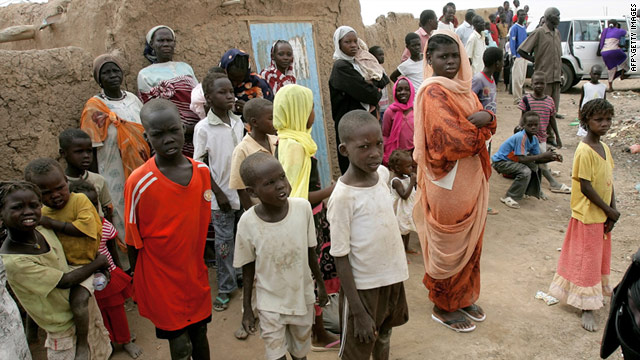By Brianne Yantz
Impunity Watch Reporter, Oceania
SUVA, Fiji – Last month, Ratu Tevita Mara, a former senior Fijian military commander, fled his country and escaped to Tonga after being charged with plotting to overthrow the government. Shortly after his departure, Mara began accusing the Fijian government and its self-appointed Prime Minister, Commodore Frank Bainimarama, of greed, corruption, and violence against dissenters.

Although Mara had been hiding out in the capital city of Tonga for weeks, his accusations were publicly broadcasted through videos that he posted to the website, YouTube. The Australian government permitted Mara to enter the country so that he could attend a pro-democracy forum in Queanbeyan, New South Wales. This sparked outrage from the Fijian Minister for Foreign Affairs, Ratu Inoke Kubuabola, who indicated that by welcoming a Fijian fugitive, Australia risked heightening tensions between the two nations.
Regardless, Australia appears to be supporting Mara and his plans to launch a regional, pro-democracy campaign aimed at putting an end to Fiji’s military regime. Thursday, Mara announced his campaign plan which includes a tour of multiple Pacific nations and New Zealand, as well as a trip to New York to lobby the United Nations. In an interview with The Australian, Mara stated that his hopes were to “get a consolidated front together to campaign for a quick return to democratic governance in Fiji.”
The Fijian government that Mara seeks to challenge has been in power since 2006 and has yet to hold a single election. Recently, Prime Minister Bainimarama publicly vowed that elections would be held in 2014, as requested by the Australian and New Zealand governments. However, Mara and other dissenters believe he has no plans to keep that promise.
Rajesh Singh, who formerly served as Fiji’s Minister of Youth Affairs, shares Mara’s concerns. Singh, who now lives in New Zealand, has also challenged the Australian and New Zealand governments to take action against the current Fijian government. Singh believes the only way to ensure a return to democracy in Fiji might be from a change that is forced from the outside. He told Radio New Zealand that “It’s us, the people outside of Fiji, that can speak their mind.”
Despite Mara’s platform for democracy, there is no word on whether New Zealand will welcome Mara on his tour. Nik Naidu, a member of the Auckland-based Coalition for Democracy in Fiji, said that Mara “was one of the worst types of officers in Fiji” and that he and his group do not want him in the country. In addition, Foreign Affairs Minister Murray McCully stated that Mara is currently on a list of people banned from entering New Zealand. Mara will have to be removed from the list or granted an exemption before he can bring his campaign to New Zealand.
For more information, please see:
The Fiji Times – Intervention concerns State – June 10, 2011
Radio New Zealand – Group opposes Fiji officer’s plan to visit NZ – June 10, 2011
The Australian – Former senior Fiji military commander Ratu Tevita Mara to campaign against Fiji in Australia – June 9, 2011
The Sydney Morning Herald – Fiji threatens Canberra for granting visa – June 9, 2011
The Sydney Morning Herald – Another voice calls for Fiji change – June 8, 2011

